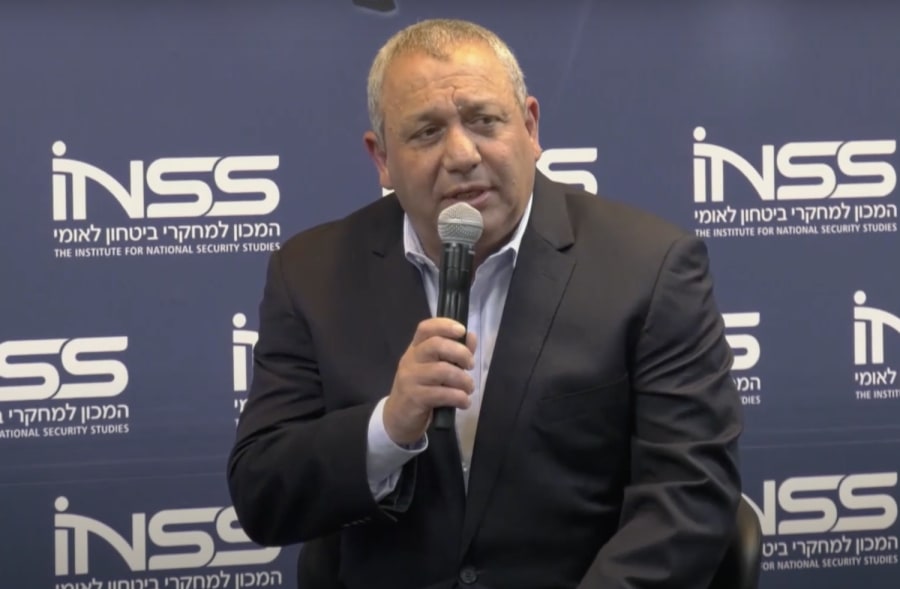Is Iran the closest it’s ever been to building a nuclear bomb?
Israel’s former military chief of staff thinks so

A former Israeli military chief of staff warned that he believes Iran is closer than it ever has been to producing a nuclear weapon – and also hinted that the U.S. withdrawal from the nuclear deal in 2018 made this possible.
“It is evident today that the Trump administration’s withdrawal from the accord and maximum pressure campaign and actions against Iran led to some achievements, yet we can’t deny that Iran today is the closest it has ever been to a nuke since it launched the nuclear program,” Gadi Eisenkot said on Friday during a conference at the Peres Center for Peace in Tel Aviv-Jaffa.
Eisenkot’s comments – which also included veiled criticism of former Prime Minister Benjamin Netanyahu and former Mossad chief Yossi Cohen for “irresponsible” boasting about Israel’s attacks on Iran – are a departure from the main message given by the government in the past few years.
“I think it’s right to maintain a policy of ambiguity, not to boast or poke in the eye. Those who need to know, know,” Eisenkot said. “The way things came out in the past year and even before was irresponsible.”
“We need to continue what has been done for decades, without fanfare and under the radar: to undermine this program covertly in various dimensions,” Eisenkot said.
Eisenkot, the Israel Defense Forces chief of staff from 2015 to 2019, has long broke with other section defense officials on the nuclear deal, officially the Joint Comprehensive Plan of Action (JCPOA). He instead focused on its benefits for Israel.
“It allowed us to divert huge amounts of resources to other things: ground-based threats, to developing highly significant allies, to four years of fighting Islamic State, to opening up the campaign against Iranian entrenchment,” he said at a ceremony in June. “It allowed us to divert major resources to resolving a number of security issues of the first tier.”
While he said the Jewish state “always needs to be concerned” about a nuclear Iran and make an effort to thwart its capabilities, he also said “I don’t see any existential threats to the State of Israel.”
Netanyahu and his administration took a hardline approach to Iran. The government’s policies lined up with then U.S. President Donald Trump who pulled the U.S. out of the nuclear deal reached by his predecessor former President Barack Obama. After withdrawing from the deal in 2018, the Trump administration applied crippling sanctions on the Iranian regime.
Now, President Joe Biden has made it his administration's priority to get America back in on the nuclear accord. Eisenkot said it is better for Israel to work with the U.S. on this to ensure Israel’s concerns are addressed.
“The deal is in U.S. interests and is a fact,” Eisenkot said. “The point for Israel should be to reach an intimate dialogue with the Americans and other countries to ensure Iran does not have nuclear capabilities — [to ensure] that it is a better deal, more long-term with tough inspections.”
The United States and Iran have already held six rounds of talks in Vienna in order to revive the deal. This week the United Nations and the European Union urged both parties to resurrect the deal quickly, though it is not clear whether they are close to an agreement.

Nicole Jansezian was the news editor and senior correspondent for ALL ISRAEL NEWS.














